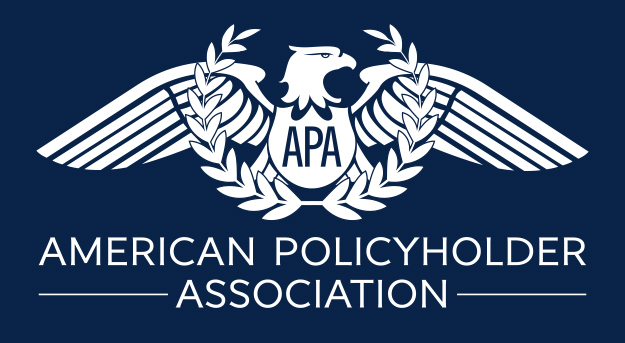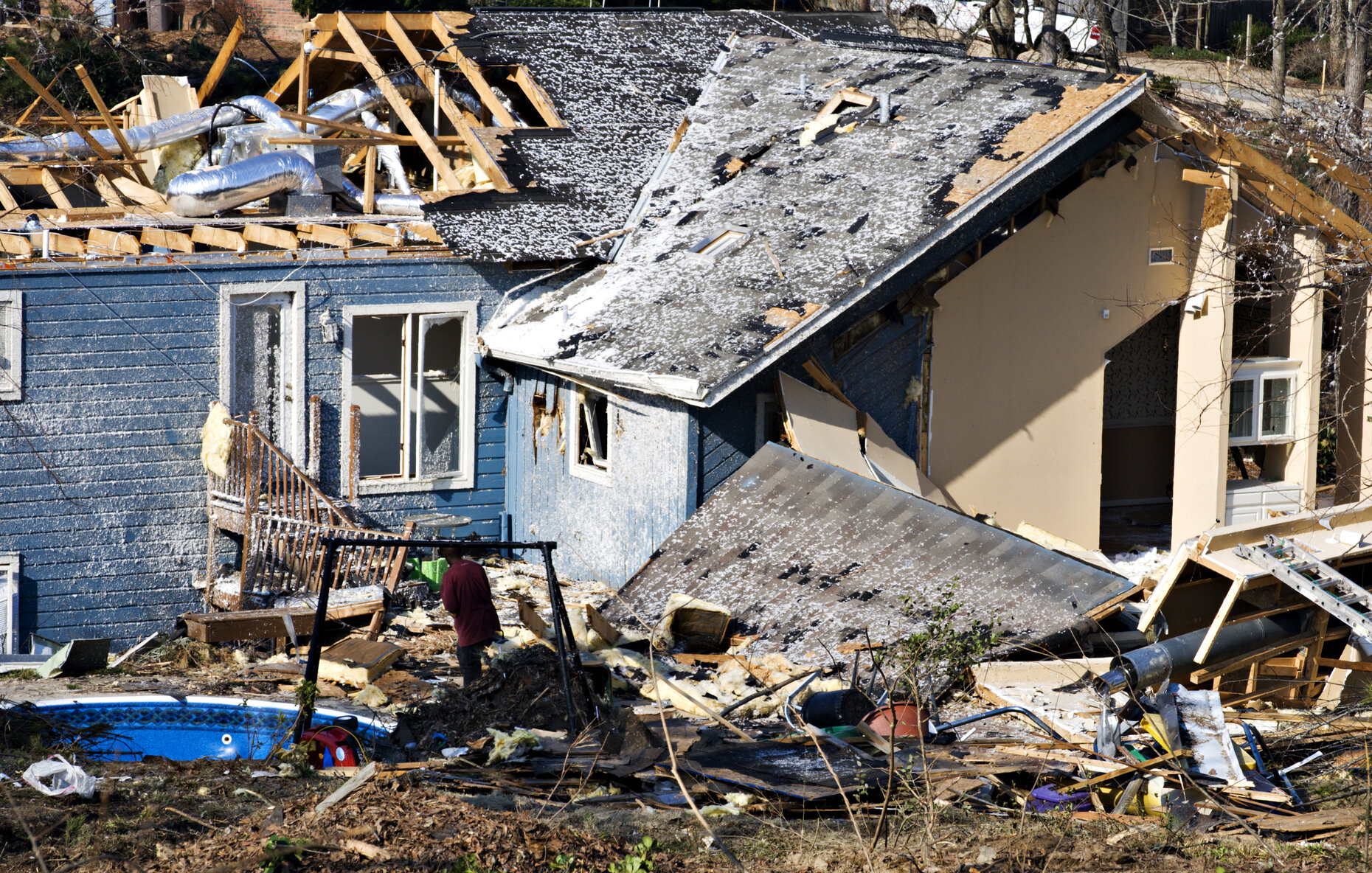Business Interruption Insurance Claims
Understanding Business Interruption insurance coverage is often viewed as the most difficult coverage to adjust. Don’t make costly mistakes.
TALK TO YOUR PUBLIC INSURANCE ADJUSTER TODAY!
Contact Us Today!
Business Interruption is generally tied to a loss at a physical insured location (a building or buildings) and involves determining a dollar amount of earnings of a business including continuing expenses that did not occur because of the loss. In order to determine what the business would have earned had the loss not happened, it is necessary to look to the past as well as consider how future plans and trends would have affected the business operations. Business interruption coverage comes in many forms and should be structured by the agent/broker for the particular client’s operations and needs.
One of the common misconceptions about business interruption coverage we have seen is that the coverage will pay for the full loss the insured sustained following a covered loss. Most basic forms for B.I. coverage will only pay for the loss the insured incurred during the period of time it takes to repair or replace the physical damage at the insured location. For example: a restaurant sustains a fire loss. Using due diligence and dispatch as well as the market conditions for labor and material it is estimated it will take six months to make repairs.
The insured if covered for B.I. may be offered an amount for this six months. Unfortunately, businesses like this will often lose customers who may never come back or, if they do, it will take more than the required time to physically rebuild the business to restore sales to their previous levels. This loss of market is not going to be covered unless the insured buys extra coverage.
A good example of loss of market as well as physical damage requirement is the B.P. oil spill. Many businesses along the Gulf Coast may have business interruption coverage under their own property insurance policy but it is unlikely they will receive any payment from their insurance carrier under their B.I. coverage. From most reports, there was no physical damage to the insured structures and with some exceptions most of the financial losses in the Gulf States resulted from “loss of market” that resulted from people not coming to resort areas because of the fear of an oil encounter which was in part driven by media coverage. How the B.P. oil spill ultimately plays out is yet to be determined. Early indications are that loss of market from a liability payout (B.P. money) will not happen unless there was some direct physical damage by oil in a particular area.
In addition to the difficulty of agreeing on the loss under first party B.I., there is the issue of agreeing on defining the loss and how it will be calculated. Financial information from the past such as tax returns and profit and loss statements should be used to determine revenue as well as cost components. Most business interruption calculations require that expected sales need to be determined and then non-continuing expenses subtracted to determine the actual loss incurred by the policyholder. It should be noted that there are many types of coverage forms out in the market, so you should read your endorsement carefully to determine the procedure outlined to calculate the loss.
While past sales are known, future sales are always a point of contention. Sales trends need to be determined and if positive, that percentage increase needs to be added to past sales to determine what the sales should have been had the loss not occurred. An interesting issue has often come up regarding how many years to look back in order to determine a trend line to apply to the last known sales before the loss. A positive sales trend line can have a big impact on a B.I. claim. This is often overlooked by the lay person trying to calculate their own claim. We know of no hard fast rule on this matter and have used a window of time as far back as 5 years to see if a positive trend can be established for our clients.
On the expense side, the more continuing expenses that stay in the calculation the bigger the net bottom line payment to the insured. An often overlooked item is depreciation that is a very negotiable item. The extent to which it stays in as a continuing expense will impact the bottom line. Your employee and officer salaries is another area that needs to be looked at and considered if covered in the business interruption form.
How We Work For You
The Insurance Claim Process and how we obtain the maximum amount on your claim.
Commercial Claims Process
Homeowners Claims Process
Multi Family Claims Process
WE SAVE YOU TIME AND MONEY!
WE ELIMINATE YOUR STRESS!
WE NEGOTIATE YOUR SETTLEMENT!
WE ARE THE GAME CHANGER!
We provide Public Adjusting Services to homeowners & business owners across the States of
Texas - Florida - Oklahoma - Louisiana - Missouri - Kansas - Iowa - Nebraska - Tennessee - South Carolina
Abba Claims Consultants, LLC Texas Public Insurance Adjuster License #2003555
Ches Bostick Texas Public Insurance Adjuster License #1400001
Fire & Smoke Damage
Hail & Wind Damage
Water & Mold Damage
Theft & Vandalism
Building Collapse
Business Interruption
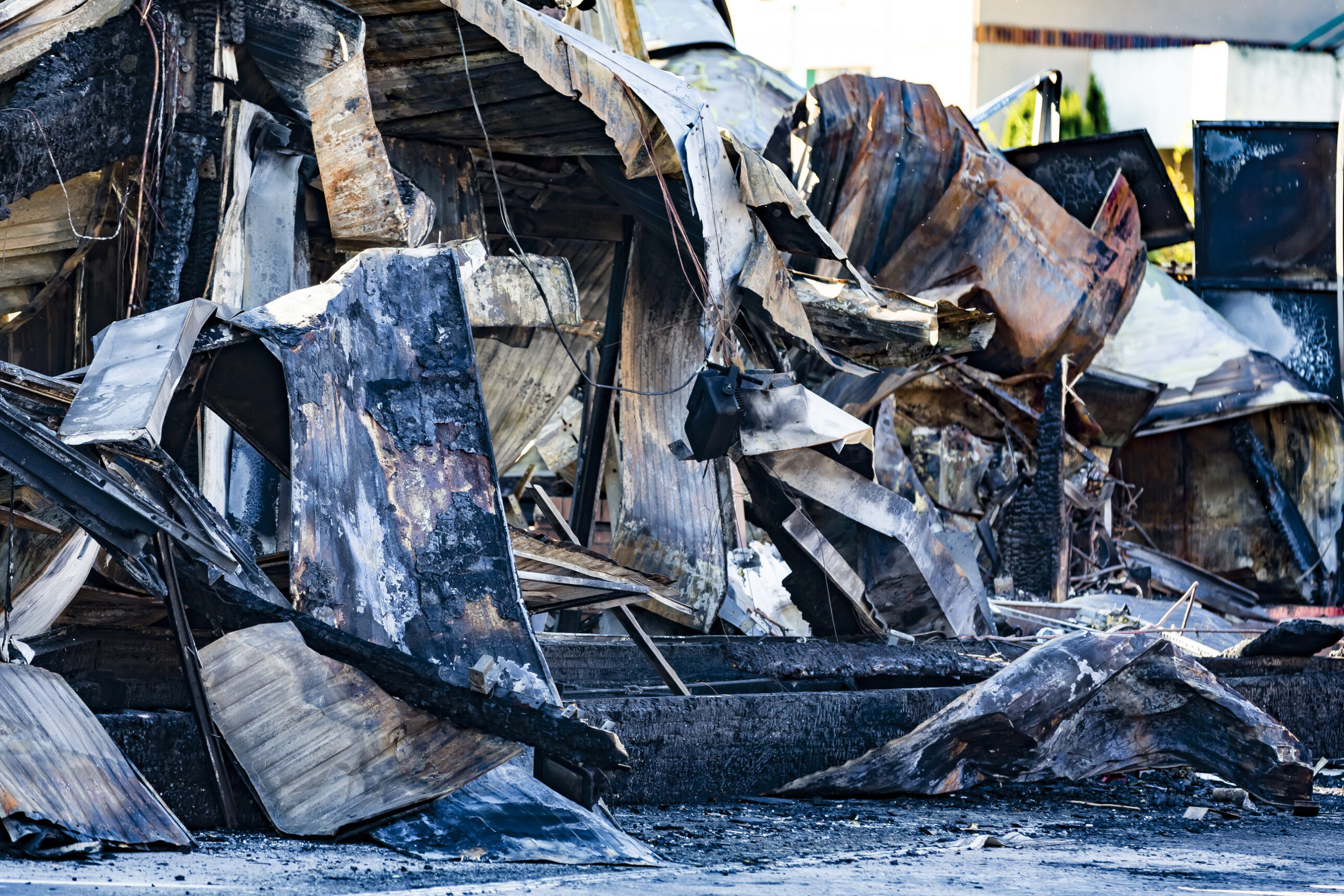
Commercial Claims
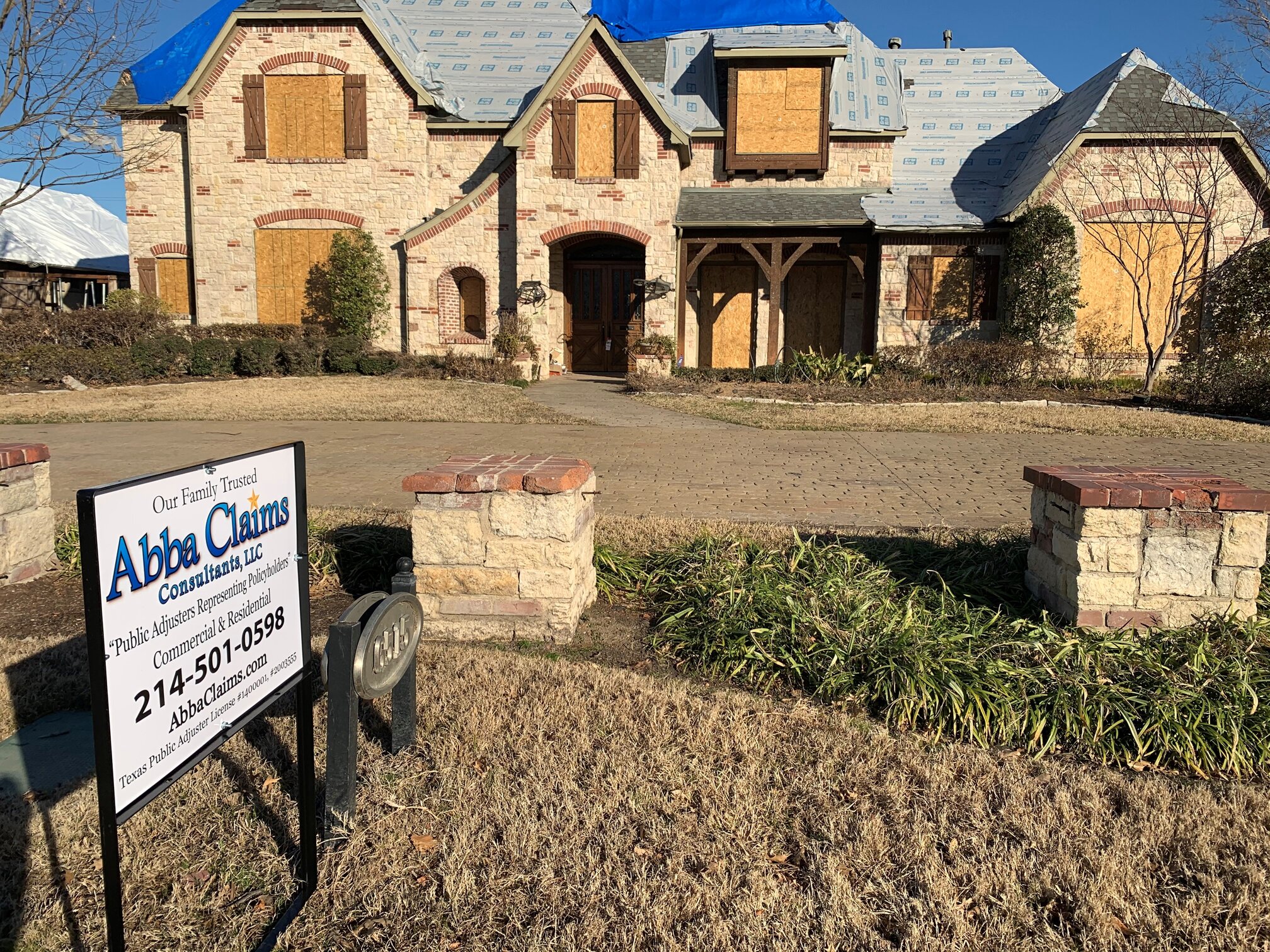
Residential Claims
Why I Need My Own Insurance Adjuster
Abba Claims Consultants are Public Insurance Adjusters…
that provide the peace of mind found when you know that your trusted ally is representing your best interest. An industry leader and innovator in the negotiation and settlement of property damage insurance claims.
But what exactly is a Public Adjuster?
Public adjusters work hard to get their clients what is needed when dealing with property damage insurance claims to commercial and residential buildings. It’s an exclusive relationship between client and the public adjuster that is set up to get claims settled so that policyholders can put their lives back together. Public Insurance Adjusters are regulated by the Department of Insurance or Regulatory Agencies in each state.
Unfortunately, we do not handle auto claims.
Why You May Need the Services of a Public Adjuster?
As stated in their insurance policy, an insured-policyholder must prove the claim to the insurance company, Public Insurance Adjusters are experts in the process of all areas of an insurance claim. This helps “Level the Playing Field” with the insurance company. Licensed public adjusters are experienced in understanding the complexity of insurance policies.
Our Abba Claims Consultants Public Adjusters are trained to identify covered damage and estimate the appropriate repair or replacement costs. Public Insurance Adjusters know the “ins and outs” of the insurance industry, its customs, and practices. Because of this, we are able to present your claim to the insurance carrier in such a way to assure the most favorable outcome.
How Can A Public Insurance Adjuster Help Property Owners?
The claims adjuster that represents the insurance company and YOU at the same time creates a “Conflict of Interest”.
Eliminate this by allowing Abba Claims Public Adjusters to represent you. We serve policyholders in many capacities.
The “Professional Services” area outlines the many ways that we are available to assist in the insurance claims resolution process.
We provide Public Adjusting Services to homeowners & business owners across the States of
Texas - Florida - Oklahoma - Louisiana - Missouri - Kansas - Iowa - Nebraska - Tennessee - South Carolina
WHY CHOOSE ABBA CLAIMS
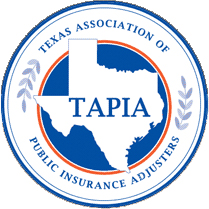
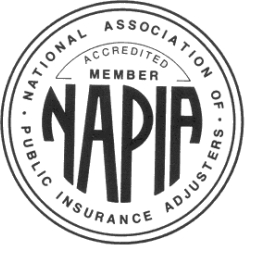
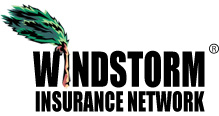
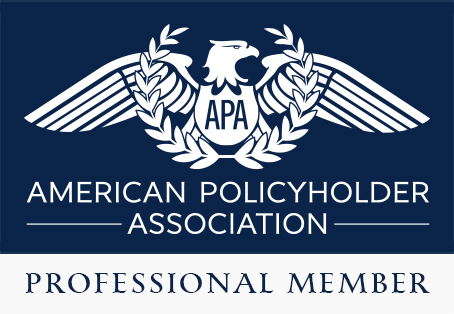



Contact Your Public Insurance Adjusters
Abba Claims Consultants
We provide Public Adjusting Services to homeowners & business owners across the States of Texas - Florida - Oklahoma - Louisiana - Missouri - Kansas - Iowa - Minnesota - Nebraska - Tennessee - South Carolina
Abba Claims Consultants, LLC Texas Public Insurance Adjuster License #2003555
Ches Bostick Texas Public Insurance Adjuster License #1400001
Call (888) 908-2042 for service.
